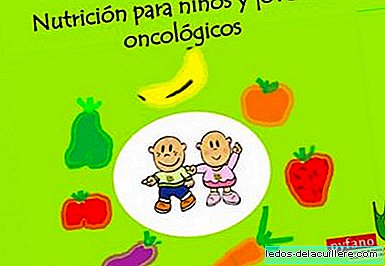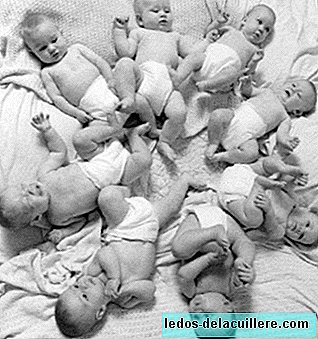
Although most mothers can breastfeed and according to all medical recommendations it is convenient that they continue doing so for six months exclusively and at least until two years there are cases in which there are real medical reasons for Newborn breastfeeding should be given.
There are, as I said, reasons why breastfeeding should be suspended totally or temporarily, and we will remember them especially dedicated to newborns.
In addition there are cases in which breastfeeding should be done with conditions and under strict medical supervision, but, other than those I will mention, there are no medical reasons that justify weaning.
Newborn problems that prevent breastfeeding
Classical galactosemia. In this case the baby should not be fed either breast milk or any normal formula, but with special preparations as they are unable to break down galactose.
Urine smelling maple syrup. It is a genetic problem that causes newborns to be fed exclusively with a specific formula that is free of the amino acids leucine, isoleucine and valine.
Phenylketonuria. This problem also of genetic origin makes it lacking an enzyme that serves to break down the amino acid phenylalanine. The special milk provided to them offers other amino acids and a very low dose that would cause them brain damage. Breastfeeding can be done in a very controlled and low way and under strict medical supervision.
Newborn problems that allow breastfeeding but need to be completed
In these cases it is convenient to offer breast milk but for at least a while it is appropriate to use a specific supplement.
It will be newborns with less than 1500 grams or per below gestational age of 32 weeks.
It is also convenient to use complement in babies who have hypoglycemia due to a complicated metabolic situation, such as those of the preterm, those of low weight for gestational age, children of diabetic mothers whose blood glucose does not improve with breastfeeding or those who have suffered hypoxia or ischemia during childbirth.
Conclusion
Except in these cases, breastfeeding should be encouraged from the moment of delivery or, if it is mandatory to separate the mother and the baby, try not to interfere with the correct establishment of breastfeeding by offering women support, adequate spaces, contact With the baby and information.
In addition to these cases there are other circumstances related to maternal health in which breastfeeding may be discouraged or require special surveillance. We will see in the next topic when you have to breastfeed newborns for maternal causes.












